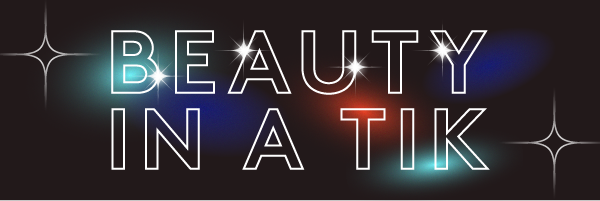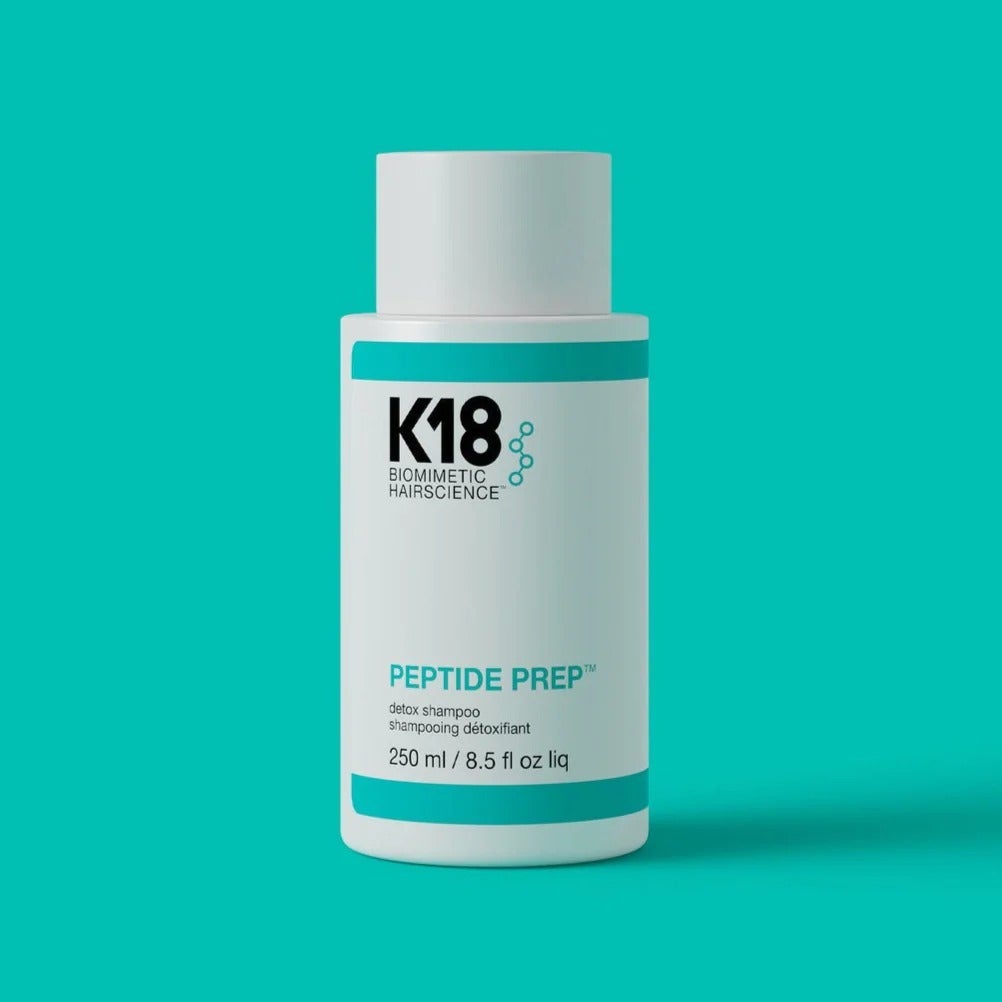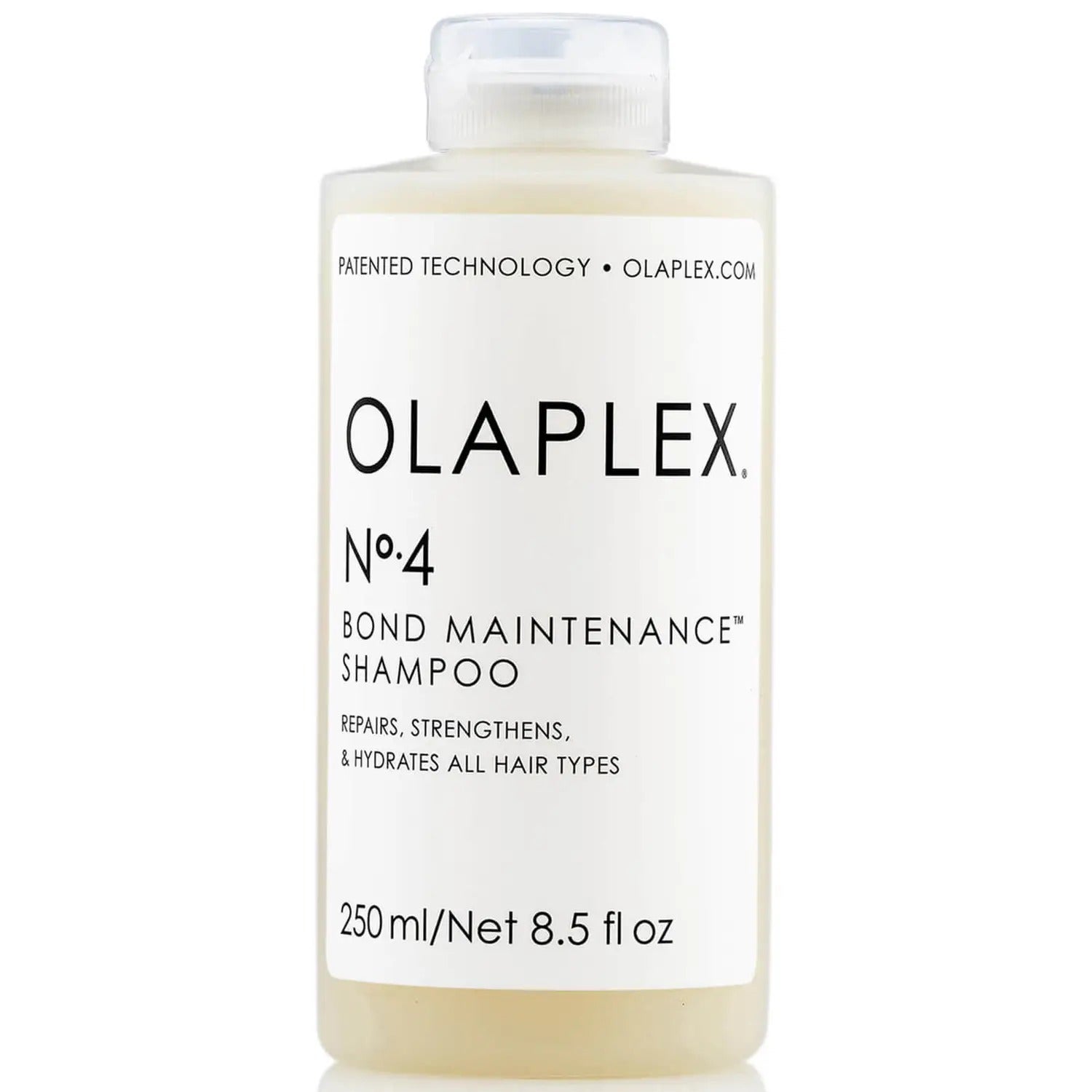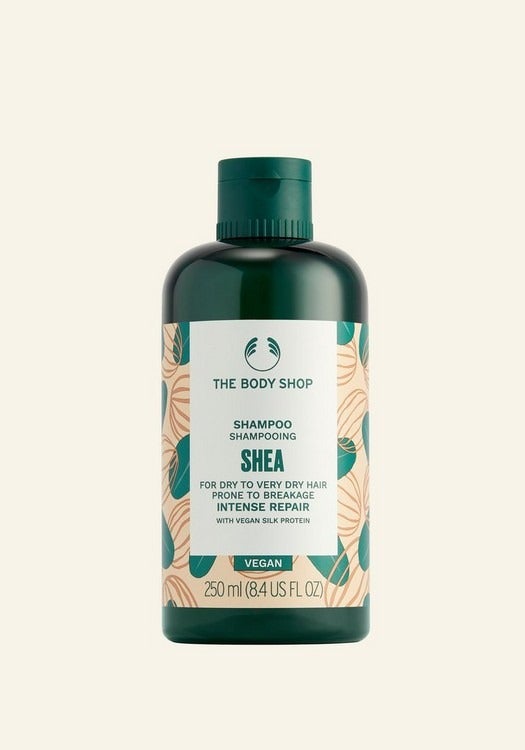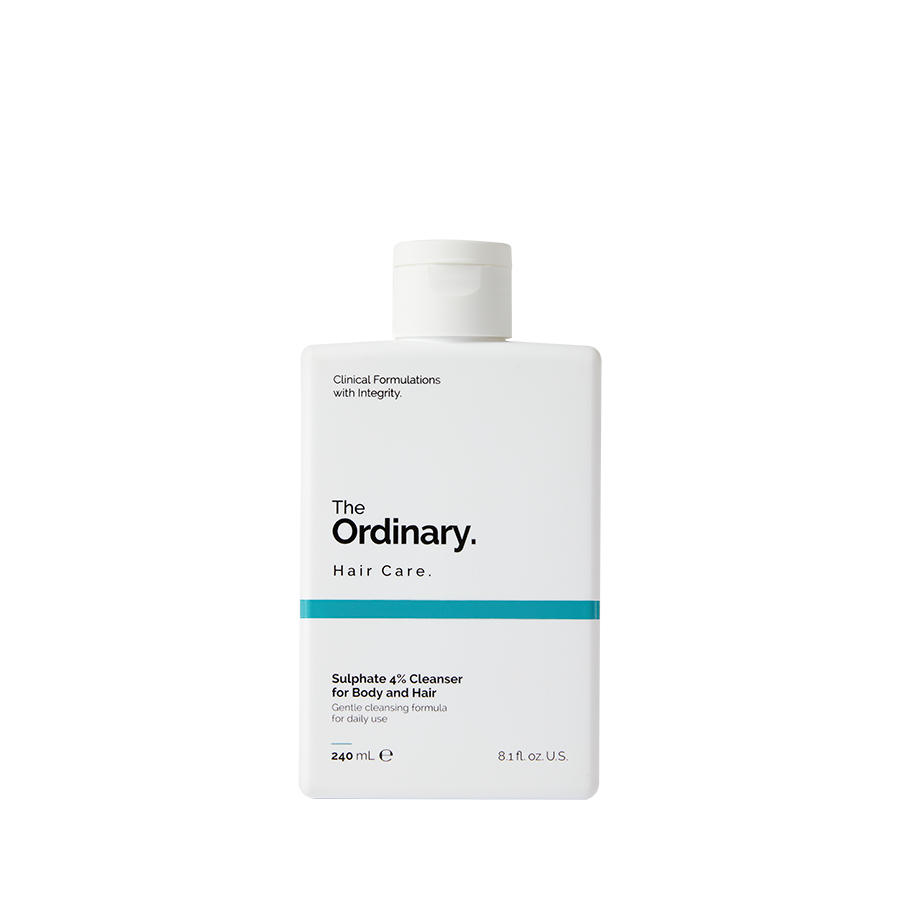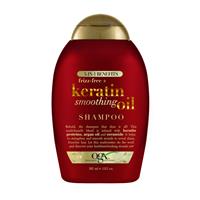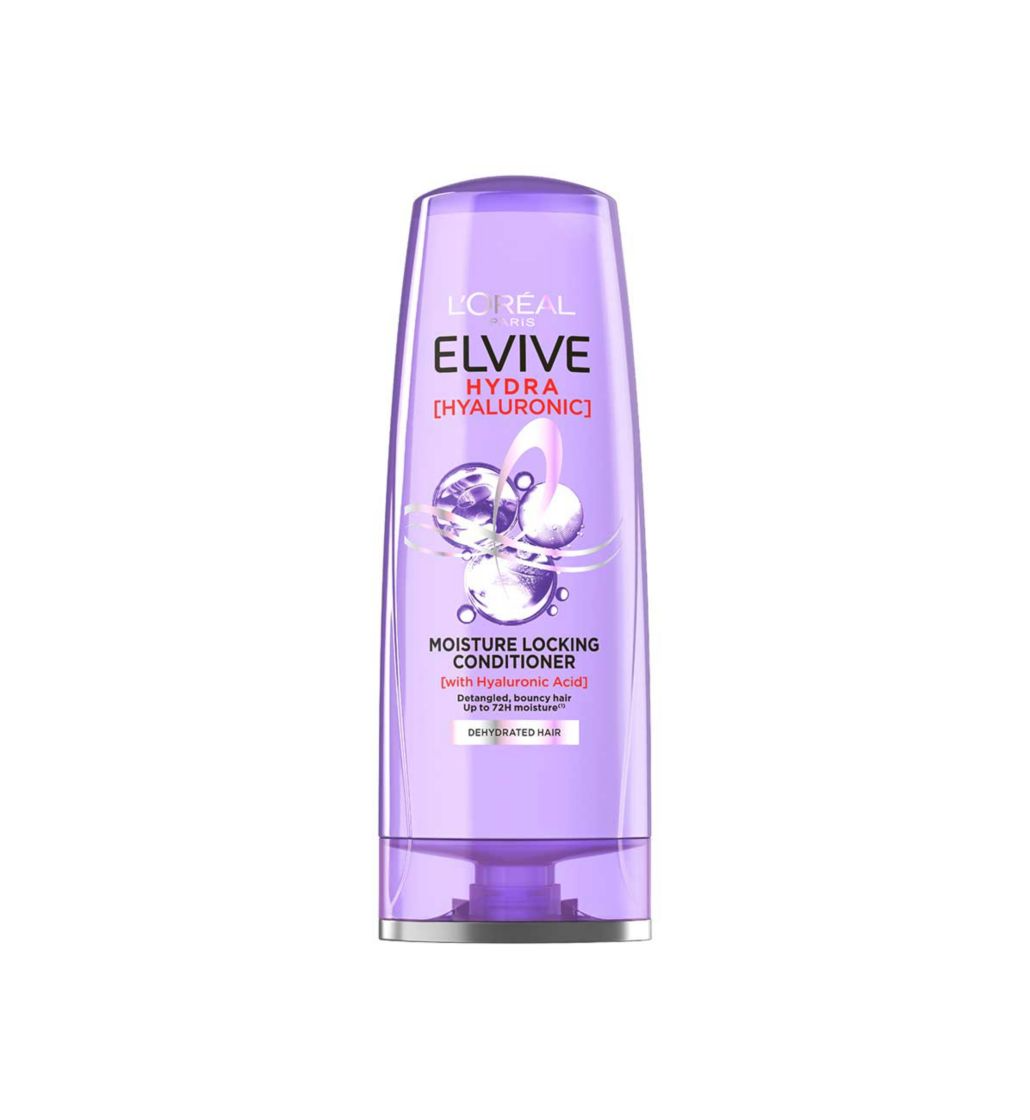Hair Cycling Could Give You Your Healthiest Hair Yet & I’m Proof
Welcome to Beauty In A Tik, where each week we put TikTok's viral beauty hacks and innovative trends to the test.
At Refinery29 Australia, we’re here to help you navigate this overwhelming world of stuff. All of our picks are independently selected and curated by the editorial team, but we may earn commission or other compensation from the links on this page.
There are some TikTok hacks I'm reluctant to get behind. Take slugging, for example, which involves applying a thick layer of petroleum jelly to your face before bed. As someone who experiences acne flareups, this pore-clogging trend has proven to be a recipe for disaster.
AdvertisementADVERTISEMENT
Then there's using glycolic acid as deodorant. Anecdotal evidence suggests it works a treat to quell odour but dermatologists would rather you skipped this one, not least because the potent ingredient could cause some serious irritation under there.
But there are other hacks born on TikTok, like skin cycling (a four-nightly method put forward by dermatologist Dr Whitney Bowe), which have revolutionised my beauty routine. The goal? Clearer skin. Night one consists of applying a leave-on exfoliating acid such as glycolic, lactic or salicylic acid, then following with your moisturiser. Night two involves using a retinol serum, while nights three and four require a simple moisturiser only. Then the cycle continues.
Considering skin cycling's popularity (it's doing wonders for my hormonal acne but don't just take it from me — #skincycling has 3.5 billion views and counting on TikTok), it was only a matter of time before the tried and true method made its way to haircare.
Enter: hair cycling.
In a similar vein, hair cycling (which has amassed 1.8 billion TikTok views) involves rotating between a handful of different shampoos, which is said to improve your hair and scalp health in the long run.
TikToker Kelsey Griffin recently went viral for breaking down their hair cycling routine. "I usually wash my hair about two to three times a week, and every time I wash my hair, I use a different type of shampoo/conditioner routine," they said. "One of my washes is a detox shampoo, so it's a reset routine," continued Kelsey. For their next wash, they tend to use a reparative shampoo (for example, something with bond-building technology to strengthen hair weakened by things like bleach and dye, mechanical damage from hairbrushes or thermal damage from heated styling tools). For the third wash, Kelsey usually enlists a shampoo that hydrates and moisturises. The name of the game is to alternate your shampoo products throughout the month and to give your hair time to rest in between, rather than washing it every single day.
AdvertisementADVERTISEMENT
@kelseygriffinn please sound off in the comments because I want to know if this is a thing and/or makes any sense😂
♬ original sound - kelsey griffin
Jenn Lynton, hairstylist and colourist at Neil Moodie Studio in London, says hair cycling checks out. In fact, she has been doing it for years. "It means your hair and scalp are in optimal health," says Jenn, "because your hair doesn't only need one type of treatment." Depending on the weather or your lifestyle, for example, your hair and scalp needs are ever changing.
Jay Dharamshi, hair specialist and cofounder of SKY Clinic, agrees that there's method in the viral hack. "There are lots of benefits to hair cycling as it basically involves using different products to target different concerns," says Jay. One day your hair might be super oily and require a clarifying shampoo. Another day, the ends could feel dry and be in need of something more moisturising. "Hair cycling is beneficial for all hair textures, for example straight, curly, thick and fine, as well as all types, like oily or dry," says Jay. Everyone has different requirements, though, so Jenn suggests chatting to your hairstylist if you don't know where to start.
Like Kelsey, hair cycling is something I've realised I've been doing for the last couple of months unintentionally. I use lots of moisturising hair creams, dry shampoo and hairspray so my strands and scalp can be prone to buildup, which leads to excess oil and eventually dandruff. Approximately every third wash I reach for a clarifying shampoo. Right now I alternate between K18 Peptide Prep Detox Shampoo, $59, and Head & Shoulders Supreme Shampoo, $3 (a trusty, affordable favourite of mine).
AdvertisementADVERTISEMENT
@naprim_naturals_ Hair Cycling 101 what is it and do you need to do it ? Quick simple tips for yoir hair and scalp routine ! #haircycle #k18results #scalphealth #hairgrowthtips #haircareroutine #haircaretips #scalpcare #skincareroutine #skincaretips #hairtipsandtricks #hairtok ♬ original sound - Stefanie | Skin & Hair Tips
Since getting the boyfriend bob I've been straightening my hair most days so I also need something protective and strengthening, like Olaplex No.4 Bond Maintenance Shampoo, $54. (If you have less to spend, Revolution Hair Plex 4 Bond Plex Shampoo, $20, is a great alternative.) Lastly, when my hair is feeling frazzled (almost always at the ends) I reach for something very nourishing, like The Body Shop Shea Intense Repair Shampoo, $20. I always finish with the same conditioner, though: Garnier Ultimate Blends Honey Treasures Strengthening Conditioner, which is cheap, cheerful and makes my hair more manageable. (In Australia, reach for the Dr Organic Organic Manuka Honey Conditioner, $22.95).
Before hair cycling, I used to stay loyal to one shampoo at a time. But halfway through the bottle, regardless of the brand or ingredients, I'd wonder why I was suddenly getting flakes or my scalp was becoming itchy. Other times, a number of washes in, my hair wouldn't feel as soft as it did the first few times I used it. That's because no one shampoo does everything. (If yours does, you might have a magic elixir on your hands.)
Jay says it's possible to overuse certain hair products, which could upset your hair or scalp (for instance, if your shampoo is ultra nourishing, packed with oils and ends up weighing down your hair over time). So what of the aforementioned rest days? How often you wash your hair is all down to personal preference, of course, but hair expert Neil Moodie adds that rest days are important so that your scalp can create its own oils. "Your scalp's oils coat your hair, thus nourishing it naturally," says Neil. "If you shampoo daily, you are reducing the scalp's natural ability to look after your own hair." Jay agrees and says that rest days between washes keeps hair healthier.
AdvertisementADVERTISEMENT
My only real gripe with hair cycling is that it requires multiple shampoo products, which means spending more money. But shampoo doesn't have to cost a pretty penny to work well. TikTok can be a hub of beauty misinformation and certain content creators have demonised affordable or high street shampoo, claiming it's 'bad' for your hair. This is a myth we recently busted at R29. Dr Hasan Benar, dermatologist at Dr Elif Clinic, told me that there is actually very little difference between high street shampoo and professional or designer brands. Generally, he said, they do the same job.
What's more, high street shampoo has come on leaps and bounds recently. New research and technology means they're better than ever. Take L'Oréal Elvive Hydra Hyaluronic Acid Shampoo, $5.49 which breathed life into my dry and damaged hair for under $10. A handful of beauty editors I spoke to recently also extolled the virtues of Maui Moisture Curl Quench Coconut Oil Shampoo, $26, for curly hair and natural hair specifically, as well as OGX Keratin Smoothing Oil Shampoo, $10.99 for damaged hair.
When comparing ingredients lists, I spotted that even the fancy brands use ingredients like silicones (for shiny, softer hair) and sulphates (necessary for cleansing hair properly but often get a bad rap, as they are known to fade colour over time and cause allergies in some). The Ordinary is also making a case for sulphates with its excellent 4% Sulphate Cleanser for Body and Hair, $14. In other words, you don't have to spend a fortune to practise hair cycling.
Another thing is that hair cycling will look different depending on your lifestyle (such as the products you use or whether you colour or heat-style your hair) and your hair texture. Jay suggests tapping your hairdresser, who should be able to suggest a personalised treatment plan and recommend products for your budget. Your scalp and hair will certainly thank you for it, thinks Jay.
Want more? Get Refinery29 Australia’s best stories delivered to your inbox each week. Sign up here!
AdvertisementADVERTISEMENT







